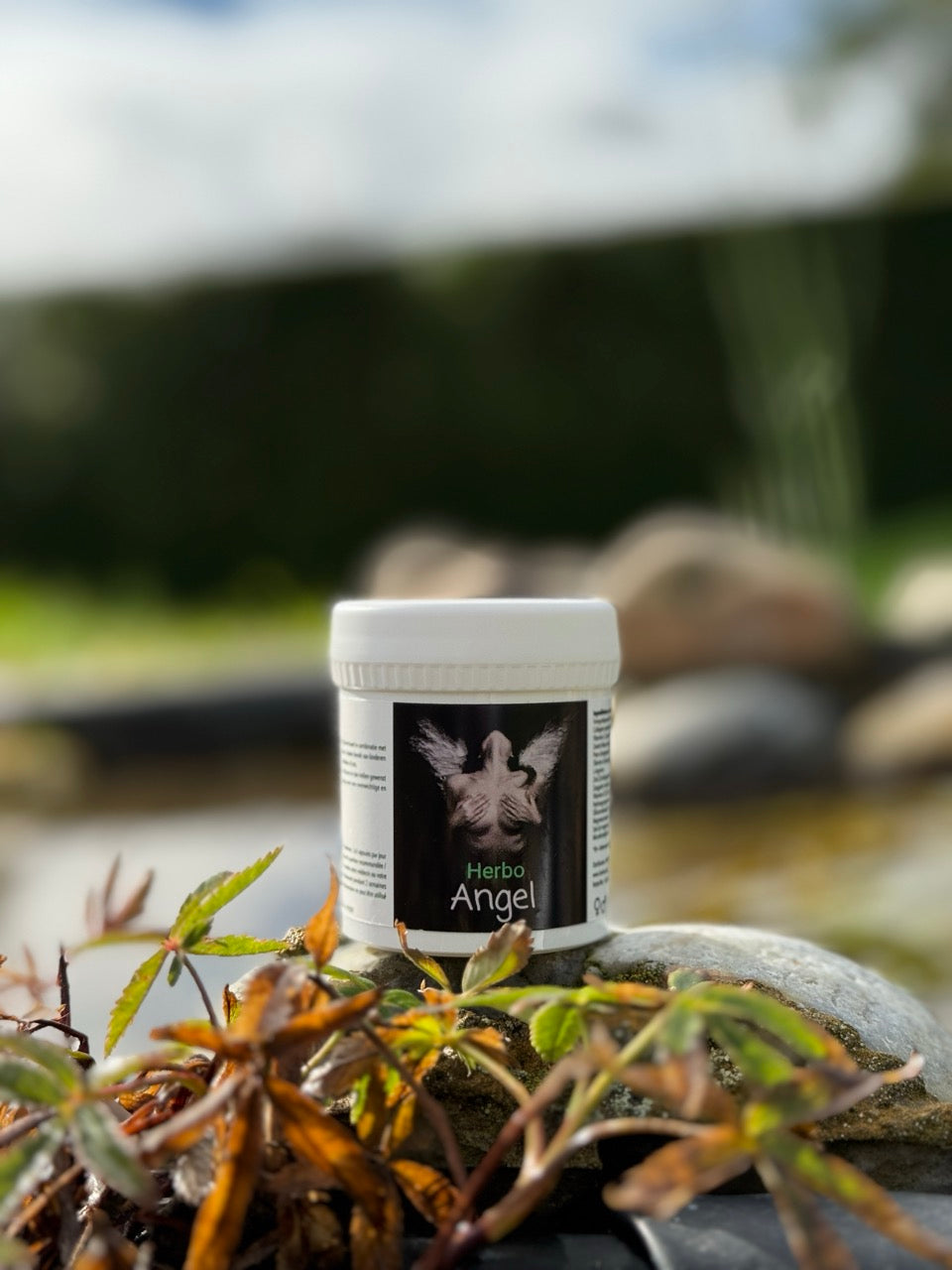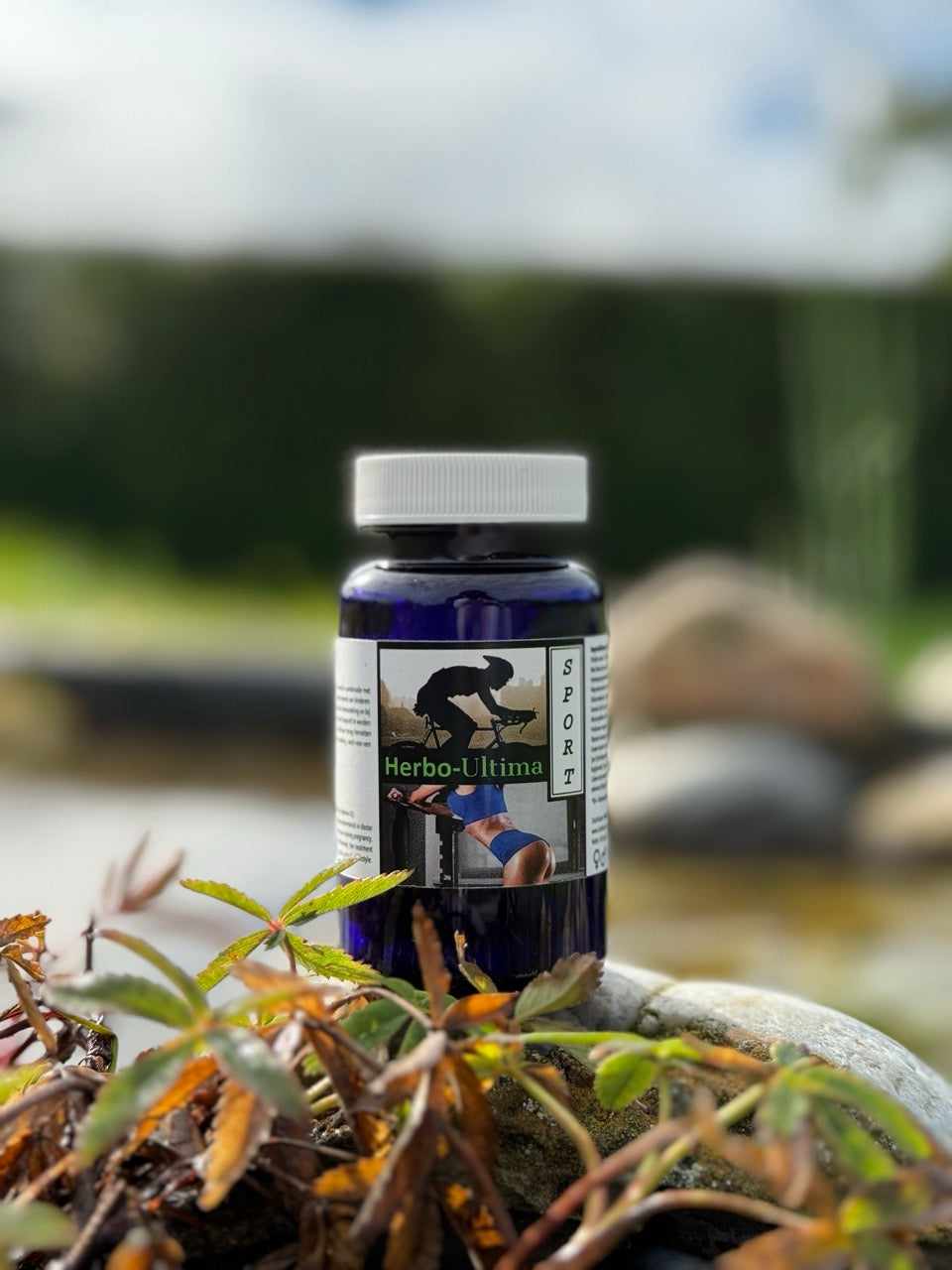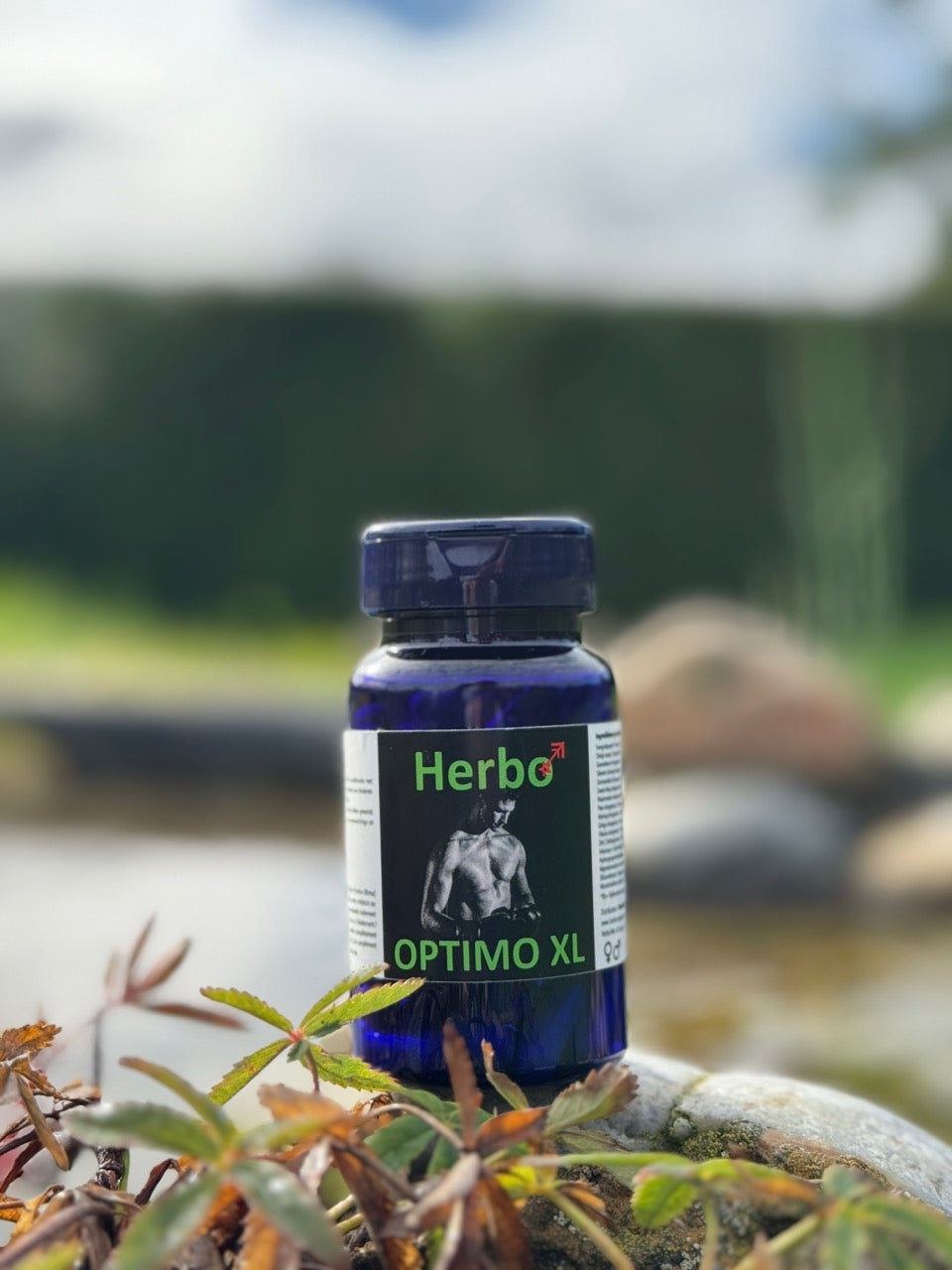Tribulus
terrestris

Tribulus terrestris is composed of saponins, including heterosides of ruscogenin, chlorogenin, and protogracillin. The plant also contains flavonoids (kaempferol, quercetin, and rutin), phytosterols, and indole alkaloids (harmanine and harman).
Tribulus terrestris is a plant with anti-inflammatory, osteoprotective, hepatoprotective, lipid-lowering, and anti-diabetic properties. It has an antifungal indication, particularly for Candida albicans in cases of resistance to fluconazole (an antifungal drug used in the treatment of candidiasis) in the treatment of vaginal infections.
Tribulus terrestris exerts a neuroprotective effect by acting against oxidative stress and neuroinflammation, making it possible to compensate for neuronal loss. This plant is also indicated in the prevention of kidney stones.
It is hypotensive and, thanks to its saponins, exerts a protective effect on the cardiovascular system, preventing the breakdown of heart muscle cells in cases of oxidative stress. Moreover, its most documented effect in studies corresponds to the effects on libido and sexual activity in both men and women.
Tribulus terrestris stimulates testosterone levels when concentrations are lower than normal. It stimulates spermatogenesis in hormonal dysfunction. The protodioscin it contains promotes vasodilation, responsible for pro-erectile functions. In women, the richness of saponins in Tribulus terrestris improves sexual desire and promotes estrogenic functions.
The Benefits
- Tribulus terrestris has many properties.
- It promotes the maintenance of sexual capacity and supports the normal functioning of the reproductive organs. This plant promotes healthy skin and helps maintain muscle tone, body tension, and normal energy levels. It contributes to the proper functioning of the respiratory system.
- Tribulus terrestris supports the health of the reproductive organs, urinary system comfort, and improves urine flow.



